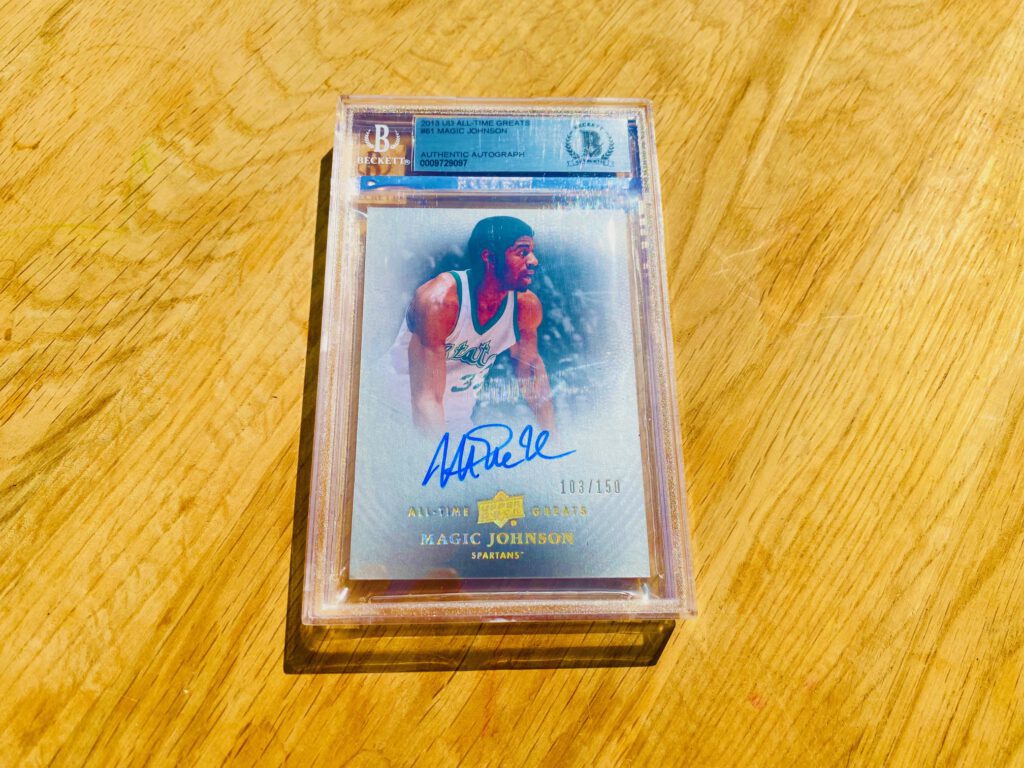In the midst of a boom in antitrust actions across various industries, the spotlight is now on the sports trading card arena as two major players engage in a fierce legal battle over the future of the multibillion-dollar market. Panini, an Italian cardmaking company holding licenses for sports cards in three of North America’s four major sports leagues, recently filed a lawsuit against Fanatics, an American sports memorabilia company set to acquire these licenses. Accusations of anti-competitive behavior and monopolization are at the center of this dispute.
While giants like Meta, Amazon, and Apple face regulatory scrutiny and legal challenges, the conflict over industry consolidation extends beyond tech and Wall Street. The duel between Panini and Fanatics, though not necessarily the most pivotal antitrust conflict of the era, offers a window into how a single company can ascend to dominance within an industry.
The sports trading card industry: Big changes coming up
Panini alleges that Fanatics is employing anticompetitive strategies to cement its grasp on the market, ranging from seeking multi-decade licenses to acquiring potential competitors. In retaliation for losing licenses, Panini claims Fanatics is resorting to unfair and deceptive business practices. Fanatics, on the other hand, portrays Panini as a complacent foreign incumbent that lost its foothold due to its own inadequacies. Fanatics contends that Panini is now attempting to hinder its progress through legal maneuvers. The sports trading card industry is undergoing a major transformation.
The situation escalated as the NFL Players Association transferred its licensing agreement from Panini to Fanatics, granting Fanatics exclusive rights to produce NFLPA-branded trading cards. With the NFL season about to begin, this move could potentially cost Panini millions of dollars in lost sales.
At stake is the control of a highly profitable collectibles market. Mint-condition rookie cards of athletes like Tom Brady and Michael Jordan have fetched millions at auctions. Beyond these high-profile transactions, the sports card hobby is surging in popularity among everyday collectors and sports enthusiasts. Industry valuations range in the tens of billions of dollars.
Panini’s complaint paints Fanatics as a dominating force seeking monopoly by acquiring long-term licenses and stifling competition. Fanatics positions itself as an innovative disruptor challenging an outdated status quo. Their counter-lawsuit portrays Panini as an obsolete incumbent that failed to adapt to changing dynamics and is now attempting to undermine competitors through litigation.
This isn’t the first time antitrust concerns have gripped the sports card sector. In 1980, the FTC deemed Topps guilty of monopolization, temporarily breaking its industry dominance. Though a court later reversed this decision, it allowed new players to enter the market, diversifying competition. Over the years, licensing agreements have evolved, with leagues and players’ unions playing key roles.
Modern sports cards have developed strategies to balance scarcity and accessibility, aiming to avoid the overprinting issues of the past. The dispute also delves into nuanced topics like exclusive autograph agreements and the secondary market, as well as innovative trends like “box breaking,” where unopened card packs are opened live on streaming platforms.
While the legal clash between Panini and Fanatics continues, the outcome could reshape the sports trading card landscape and provide insight into the dynamics of industry dominance and competition.


